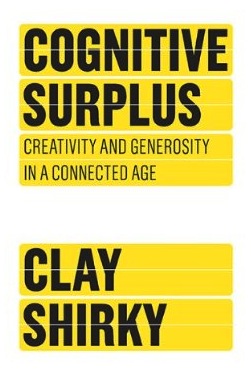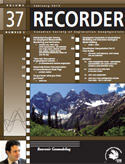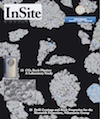The intentional professional
/I'm involved in a local effort to launch a coworking and business incubation space in Mahone Bay, Nova Scotia, where I live. Like most things worth doing, it's taking some time, but I think we'll get there eventually. Along this journey, I heard a lovely phrase recently — intentional community. What a great way to describe a group of coworkers and entrepreneurs, implying a group formed not just on purpose, but also with purpose.
But it made me think too — it made me wonder if some of the communities I'm involved in might be unintentional — accidental, inadvertent, perhaps even a mistake? Would you describe your workplace as intentional? If you're a student, are your classes intentional? That committee you're on — is that intentional?
 Another phrase that keeps popping into my head lately is
Another phrase that keeps popping into my head lately is
Don't be a looky-loo. — Clay Shirky, Cognitive Surplus
Even if you don't know what a looky-loo is, you'll recognize the behaviour immediately. A looky-loo is someone who, taking Woody Allen's advice a little too seriously, thinks 80% of success is showing up. If you've ever organized a meeting, with an idea that you might get something done in it, you know the sort: they arrive, they eat the cookies, they do the small talk, then they sit there and stare at you for an hour, then they leave. No input given. No notes taken. No point being there.
Next time you hear yourself described in passive terms — attendee, reader, employee, student, user, consumer, react to it. You're being described as a person that things happen to. A victim.
Instead of being an unintentional victim, think of yourself an essential part of whatever it is. You are a participant, a partner, a stakeholder, a contributor, a collaborator. If you're not an essential part of it then, for everyone's sake, don't go.
This is what professionalism is.













 Except where noted, this content is licensed
Except where noted, this content is licensed